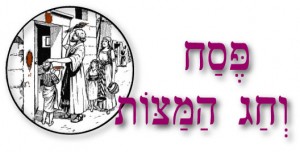THIS WEEK’S SCRIPTURE READINGS FOR STUDY AND DISCUSSION:
Parashat Beshalach — Exodus 13:17 – 17:16
Haftarah — Judges 4:4 – 5:31
Prophets — 1 Kings 6:1 – 12:33
Writings — Psalms 108:1 – 116:19
Testimony — Luke 14:1 – 18:17
Most of this week’s blog discussion points will be on these passages. If you have general comments or questions on the weekly Scripture readings not addressed in a blog post, here’s a place for you to post those. Just use the “leave a reply” link below.
The full “Read Through The Scriptures In A Year” schedule, broken down by each day, can be found on the right sidebar under “Helpful Links.” There are 4 sections of scripture to read each day. One each from the Torah, the Prophets, the Writings, and from the Testimony of Yeshua. Each week, the Torah and haftarah readings will follow the traditional one-year reading cycle.
Weekly Blog Scripture Readings for 1/25 through 1/31/15.



